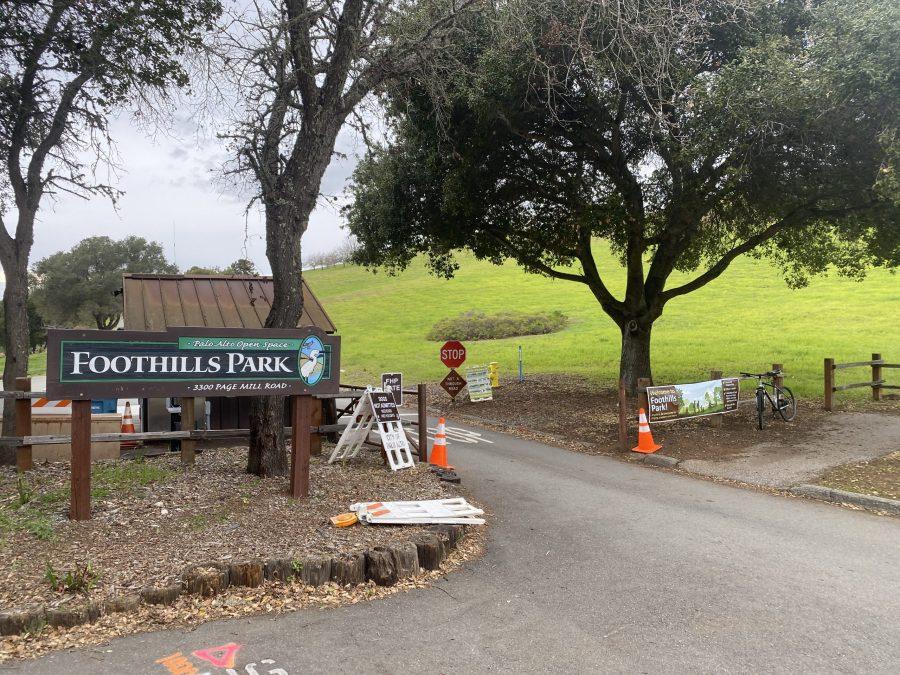In a unanimous vote, the Palo Alto City Council approved a $6 per-car fee to enter Foothills Park at its Feb. 22 meeting. This decision follows the council’s December decision to open the park to non-residents for the first time, a decision which dramatically increased the park’s visitors.
The council additionally voted to approve the Parks and Recreation Commission’s recommendation to offer annual paid passes to access the park. Non-resident visitors must pay $65 for a pass while Palo Alto residents and city employees pay $50 for an annual pass. The visitor limit was also raised to 650 people, which some believe is too high.
“When the park limit was 750, it was a total madhouse,” Palo Alto resident Hamilton Hitchings said at a city council open forum. “Almost every parking spot in the park was full. The capacity was excessive for a nature preserve. Thus I think the limit of 650 is far too high. Are we trying to optimize our parking spots? Are we trying to produce a healthy nature habitat for the wildlife versus maximized park capacity relative to parking?”
The council agreed that students, veterans, visitors with disabilities, and those designated as low-income would be granted free entry to the park. This decision goes against the commission’s original recommendation of a 25-50% discount for low-income individuals and a 25% discount for individuals with a disability.
Despite these modifications, many believe enforcing an entrance fee to the park is inherently discriminatory.
“I’m extraordinarily opposed to anything that smells like an entrance fee,” 2020 City Council candidate Rebecca Eisenberg said at a city council open forum. “Entrance fees are by very definition going to discriminate against lower-income and people of lesser means. There is such a thing called environmental racism where already people of color, communities of color have a lot less access to the natural environment and an entrance fee just furthers that.”
However, city councilmember Greer Stone said the fee won’t discriminate.
“Having the low-income fee waiver is critical to allow those communities to access the reserve,” Stone said. “It is not a perfect plan, and I will work with staff to ensure the process is accessible and easy to navigate for all.”
The decision to waive students’ free access was first championed by Stone, who originally fought for it in January, but to no avail.
“I remained determined to make (student fee waivers) happen and was thrilled to convince enough of my council colleagues to join me at our last meeting on this issue,” Stone said. “I think it is critical for young people to have access to nature and open space, but I remember how it was like being a student and having very limited spending money. I was concerned that any level of the fee would deter students from accessing the park. ”
Stone is also exploring the possibility of waiving entrance fees for pedestrians and bicyclists.
“I’m not sure how feasible it is, but it should be explored,” Stone said. “The Parks and Recreation Commission along with staff will continue oversight of these policies and will report back to Council periodically so we can make changes if necessary.”

